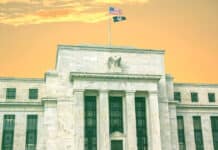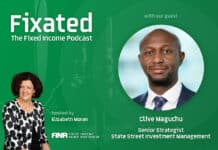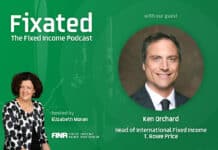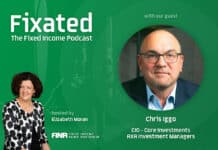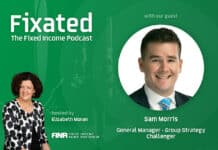
There has been a growing sense of responsibility from investors demanding ethical, sustainable investments with the aim of providing positive returns and having a long term impact on society.
According to Responsible Investing Association Australasia (RIAA), total assets under management engaged in responsible investment grew 39 per cent in 2018 to $866 billion. The organisation says, “responsible investment represents over half of all professionally managed funds in Australia”.
Investors have pressured banks into disowning coal mines and cigarette manufacturers, while demand has seen big superannuation funds providing ethical options.
This week Westpac hit the headlines for all the wrong reasons, allegedly breaching the anti-money laundering and counter-terrorism financing laws 23 million times and involving $11bn in transactions possibly involving child sex offences.
Against this background, it’s interesting to see two ethical bonds issued recently.
First, an impact bond on behalf of VisionFund International a wholly owned microfinance subsidiary of World Vision, by FIIG Securities.
VisionFund serves more than a million clients in 28 developing countries, the vast majority of whom are women and often the main breadwinner and caregiver for their families. The average loan is just $US626 ($920) putting the amount required for change into perspective. The business supports vulnerable people and communities that would otherwise find it hard to get finance.
The proceeds of the $20 million bond are expected to positively impact up to 180,000 lives.
The VisionFund bond is high yield paying 5 per cent per annum on a semi-annual basis. Minimum investment is $50,000 and investors must qualify as wholesale or “sophisticated”.
It’s exciting to see the bond market helping society and the concept of investing for change is welcome by many investors. Still, it is important to assess the individual investment.
At 2018 year end, VisionFund had total assets of $US688m, with equity of $US269m. It is funded by grants, donations and borrowing and has been funding microfinance loans since its inception in 2004.
In 2018, gross loans outstanding were $US494 million and the loan loss rate was 2 per cent. The small average loan size means exposure to any one borrower is low, however you would need to factor possible significant losses for something like a natural disaster. This may be covered by insurance.
Presumably enough margin is built into the interest rates on the loans to cover losses.
The entity’s 16-year history and significant portfolio provide comfort to investors that they should get their money back. Is 5 per cent per annum reasonable? The short answer is no, but investors relinquish margin for a charity that is very clearly making a significant difference.
Second, ANZ, UBS and Westpac were joint lead managers in the ESG arena this week, launching another social bond for the Commonwealth’s National Housing Finance and Investment Corporation (NHFIC), following a successful inaugural issue in March.
Demand for the initial bond was so great the issue was four times over subscribed.
This latest bond, also for $315 million, will help provide cheaper and long-term secured loan finance for seven community housing providers. The funding means the housing providers will pay just 2.07 per cent interest.
Compared to the VisionFund bond, which is unrated, the NHFIC bond is AAA rated, and is guaranteed by the Commonwealth of Australia. The NHFIC bond was issued in the over-the-counter bond market and likely bought by institutional investors.
When seeking responsible ethical, social and governance (ESG) investments, you need to check the credentials of the investment or fund. There is little oversight in the area and some claims are not substantiated. The RIAA does provide a certification program and its website lists certified products and financial advisors.
Further, ask how results are measured and how often they are communicated. Some schemes lack accountability. If you are in doubt about an ESG investment but you like the underlying proposed aid, think about other ways you could help, perhaps making a tax deductible donation or volunteering.
It was encouraging to see former Prime Minister Julia Gillard joining the global leadership council of LeapFrog Investments, an impact investing firm. Leapfrog is a private equity firm that has reached 167 million people living in poverty and achieved returns of about 40 per cent. Investors in its funds include Australian superannuation funds Christian Super and Hesta.
Originally published in The Weekend Australian, 23 November 2019












